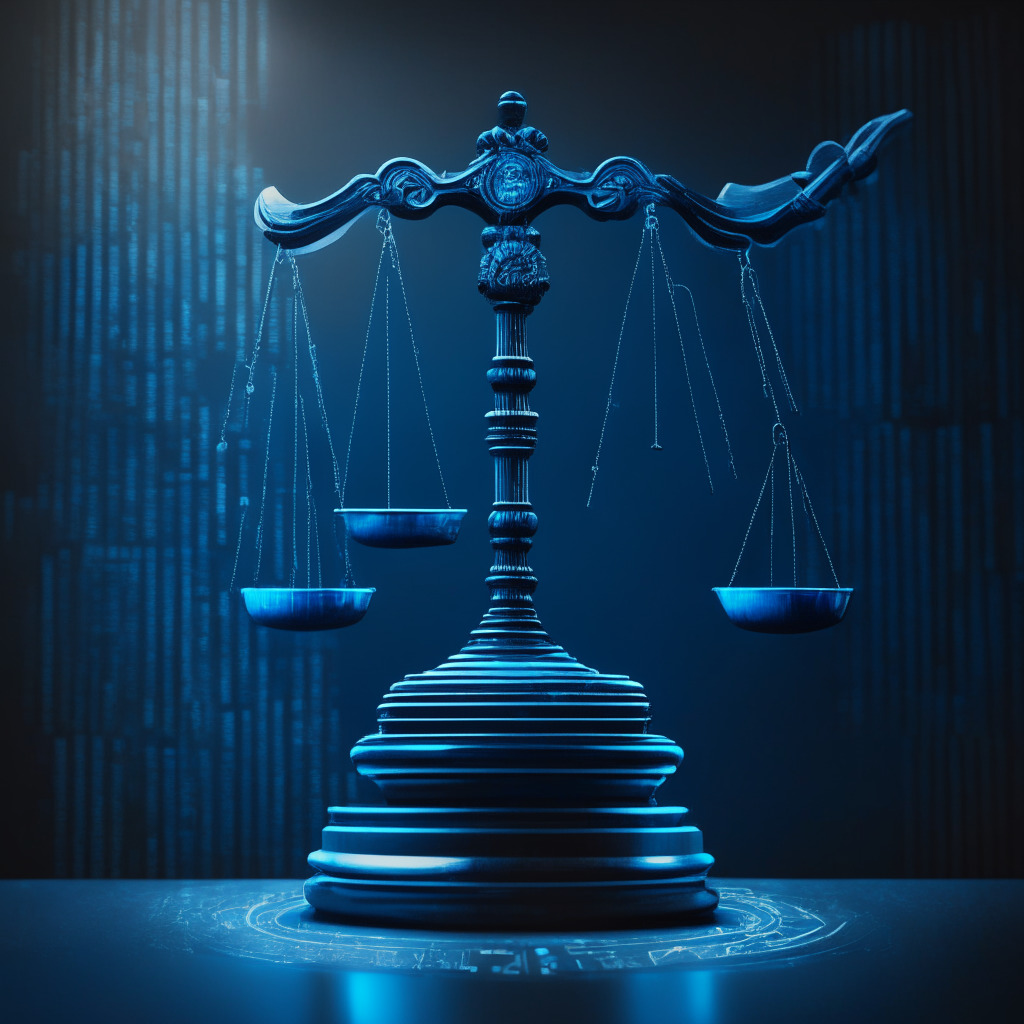In a recent court ruling, a federal district judge sided with the Commodity Futures Trading Commission (CFTC) in its enforcement action against the Ooki DAO, a Decentralized Autonomous Organization (DAO) that the CFTC alleged was created for “evasive purposes.” According to a statement by CFTC Division of Enforcement Director Ian McGinley, the Ooki DAO’s founders intended to operate an illegal trading platform without legal accountability.
The implications of this ruling could be considerable for DAO structures, as the court found that the DAO constitutes a “person” under the Commodity Exchange Act. The judge’s decision means that US financial regulations apply equally to traditional business structures and DAOs, barring them from evading the law by virtue of their decentralized nature.
Previously, the CFTC had filed an action against the Ooki DAO in 2022, but a judge ruled that it was required to name actual people – Tom Bean and Kyle Kistner, founders of the bZeroX protocol that preceded Ooki DAO. The agency complied, and Bean and Kistner settled the case by paying a $250,000 fine. However, the CFTC also pursued the Ooki DAO itself, which ultimately led to the groundbreaking court decision.
This prospect of DAOs being subject to lawsuits and legal enforcement was concerning enough for venture capital firm Paradigm to request to intervene in the case. The firm’s position was that the ruling could “seriously threaten the viability of DAOs.” However, the judge ultimately determined that DAOs were not immune to legal accountability.
Despite multiple subpoena attempts, Ooki DAO never directly responded to the case. The judge issued a default judgment against the organization for operating an illegal trading platform and unlawfully acting as a futures commission merchant (FCM). Consequently, Ooki DAO has been ordered to pay a $643,542 civil monetary penalty and shut down all operations, including trading, web hosting, and domain name registration services.
McGinley’s statement underscored the severity of the ruling for DAO structures, warning that those who believe they can evade the law through such organizations are mistaken and put the public at risk. CEHV partner Adam Cochran similarly took to Twitter, expressing concerns about the decision’s potential to set a precedent for future cases involving DAOs.
In summary, the recent court ruling against Ooki DAO suggests that Decentralized Autonomous Organizations may not be as immune to legal challenges as their proponents might hope. While the judgment does serve as a reminder of the importance of regulatory compliance, it also raises questions about the viability of the DAO structure moving forward. As such, both sides of the argument have valid concerns, and it remains to be seen how the legal landscape will adapt and evolve in response to this groundbreaking decision.
Source: Decrypt




